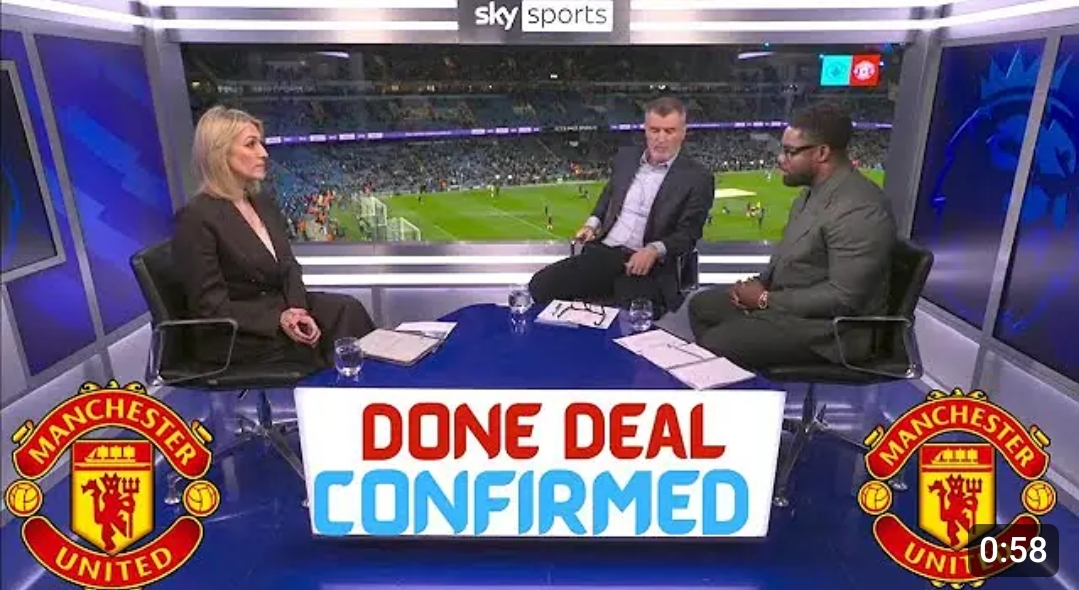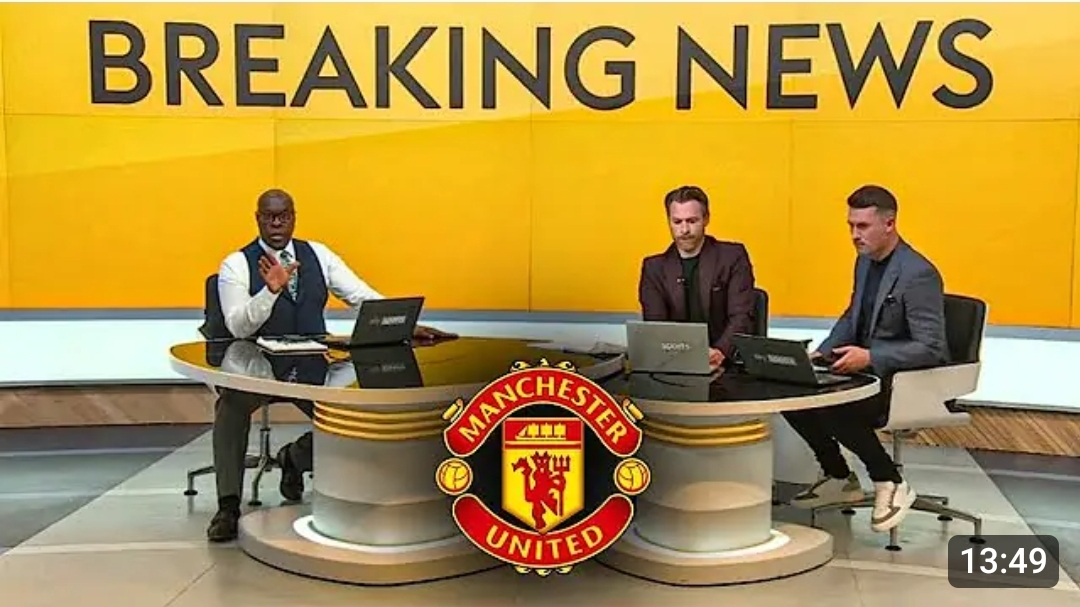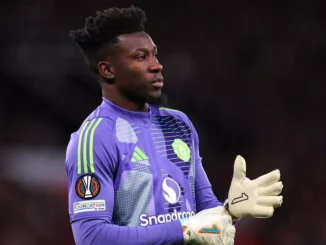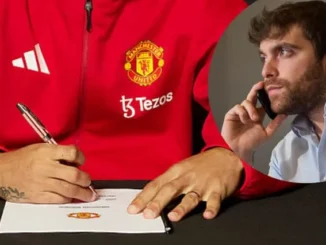
Confirmed: Man Utd agree deal to sign French Star
The Red Devils have been locked in talks with their Premier League rivals since the beginning of June, and a major breakthrough was made on […]

The Red Devils have been locked in talks with their Premier League rivals since the beginning of June, and a major breakthrough was made on […]

i will join Man utd on one condition’ – Juventus striker makes Shocking decision on joining Man Utd on free transfer Dusan Vlahovic’s stance on […]

Manchester United’s summer-long pursuit of Bryan Mbeumo is approaching its conclusion. On the back of an abysmal campaign, which saw every non-relegated Premier League team […]

According to reports, Manchester United have ‘agreed terms’ for their next summer signing, while one star has been ‘granted approval’ to leave the club. The […]

Manchester United have ‘agreed’ a deal for their second summer signing. It follows Man United bringing Wolves man Matheus Cunha through the door, is set […]

Second Phase Sparks Optimism: Manchester United Set to Announce Tom Heaton Contract Extension as Matheus Cunha Deal Confirmed Manchester United fans are filled with anticipation […]

BREAKING NEWS I cried so hard this morning when I found that the board have already terminated His contract because of what happened yesterday,We didn’t […]

DEAL COMPLETED: Arsenal finally agreed late midnight deal to sign £70m striker after beating Man United for His signature, Jersey number approved last night as […]

Manchester United may have to explore the possibility of signing a new goalkeeper this summer following Andre Onana’s hamstring injury. United’s number one will miss […]

JUST IN: Man United confirmed the arrival of £110m Brazilian Superstar,deal signed till 2029, Medical to hold this MORNING – congratulations Man United fans Manchester […]
Copyright © 2025 | WordPress Theme by MH Themes